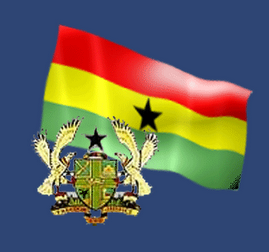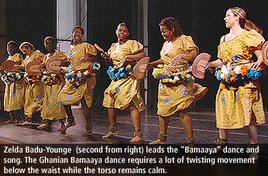This semester has been particularly eye-opening for me, in terms of the shift from infectious diseases to chronic diseases. I have had to think a whole lot about why such a shift will occur and at the end of the day I can safely conclude that worldwide, people have been failed; they have not been well educated about their own bodies and the consequences of doing too much. I think it can be said that we all understand what happens when we don't eat enough, or drink enough liquids or even take the appropriate medications. But somehow we have failed to understand that the opposite, which is overeating has equally devasting consequences. {While thinking of that, I just realized that diabetes is not always caused by overeating, but rather overeating particular foods that contribute to the disease.} Here's a link to a map showing diabetes prevalence in the world.
http://www.who.int/diabetes/actionnow/en/mapdiabprev.pdf (I'm trying to find a good map showing poverty levels, but I can't quite find one). In any case, diabetes is highly associated with obesity which generally suggests excess of fats and possibly excessive food in general. I've been told that the difference between hungry children around the world is that some are malnourished (they have food, but not a good balance of essential nutrients) while others are simply starved (as in they don't even get anything to eat in the first place).
Diabetes in particular hits close to home, because my mother is diabetic and has been for a few years. She doesn't take any medications as her diet is quite sufficient in controlling her diabetes and she also supplements her diet with roots and herbs whenever she feels that her blood sugar is getting too high. She told me of her fear of diabetes because her grandfather's foot was amputed because of diabetes when she was growing up. My maternal grandmother is a bit on the overweight side and I'm not sure if she's been diagnosed with diabetes, but that will not surprise me at all. My paternal grandmother is also diabetic which means that all those sweets I grew up eating were probably not a good idea. You see, in my society, children are supposed to eat as many sweets as possible. (When I was growing up, my mother tried to keep me on a restricted sugar diet, but my grandmother said no grandbaby of hers will not have all the candy she wants and thus triggered this sweet tooth that now has required an extraction and root canal with possibilities of more root canals and extractions in the future). It is a common thought that women fall for men with pot-bellies in Ghana because it means that they can take care of the women. The bigger you are, the more status u can potentially have because it is assumed that you can afford to feed yourself and a few others as well. At the same time, we have many opportunites for physical activities and those children that were overweight were terribly teased and called "gbontos". From my understanding children at home are still feasting on the sweets but the physical activities are not as rigorous as they used to be.
I guess this entry is a bit on the ramble side, but at the end of the day, I am highly concerned about the pandemic of diabetes in the world. While some of us are pre-disposed to such a disease, we all have to think about what goes into our mouths. As professionals we will be faced with opportunities to grab some junk food on our way to a meeting; but at the same time, we have to remember that statistics do not create themselves and we have to do all we can in our personal lives to ensure that we are not included in the numbers in the pandemic.







